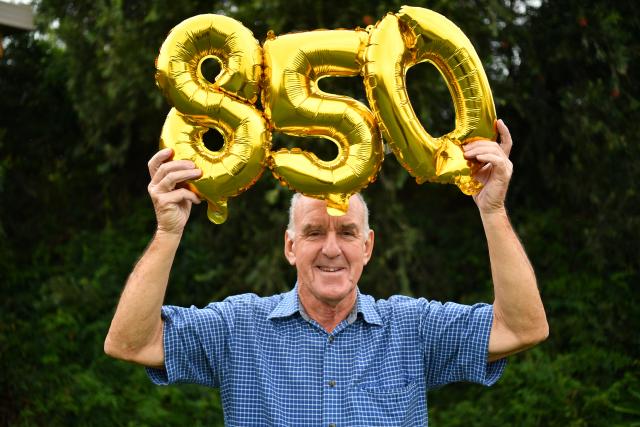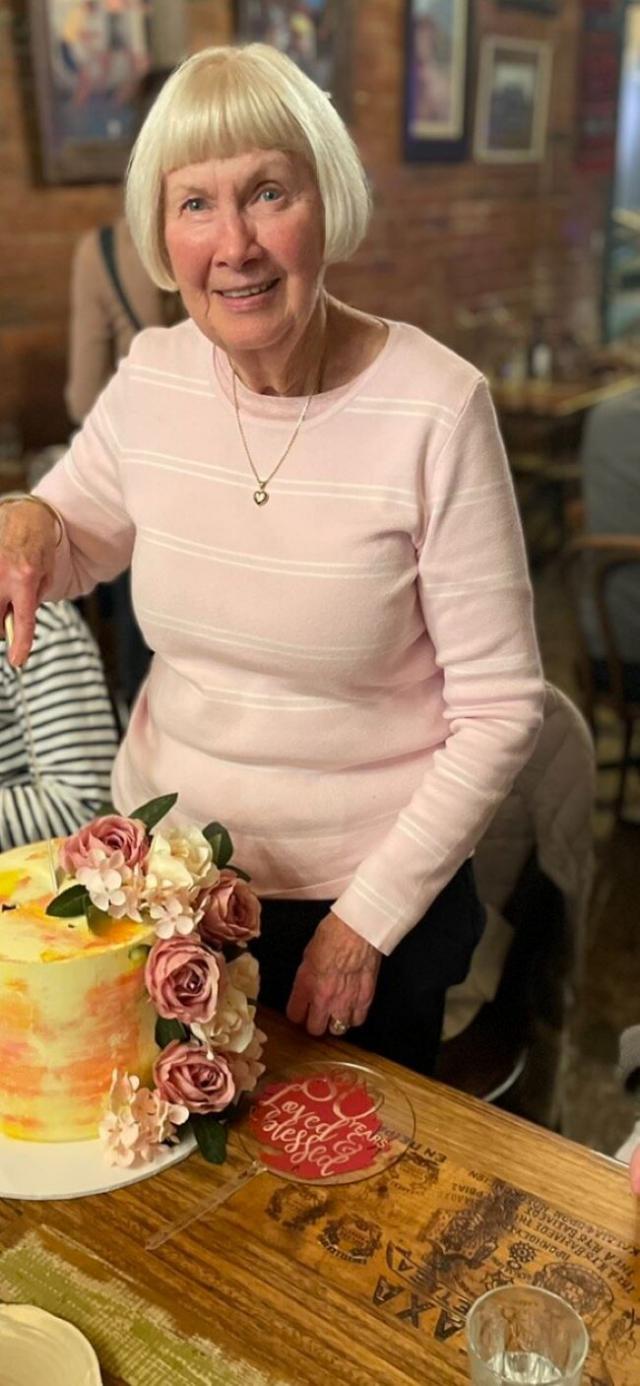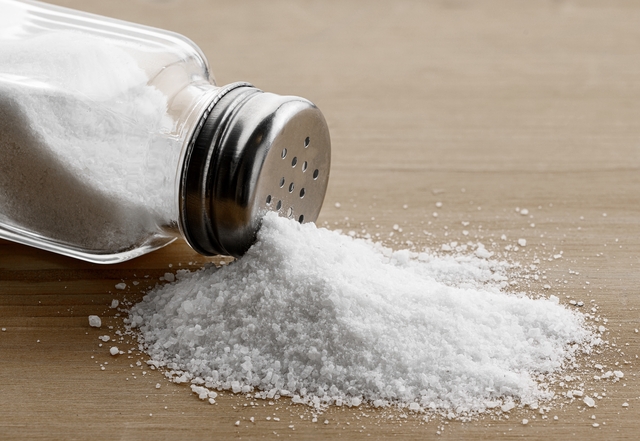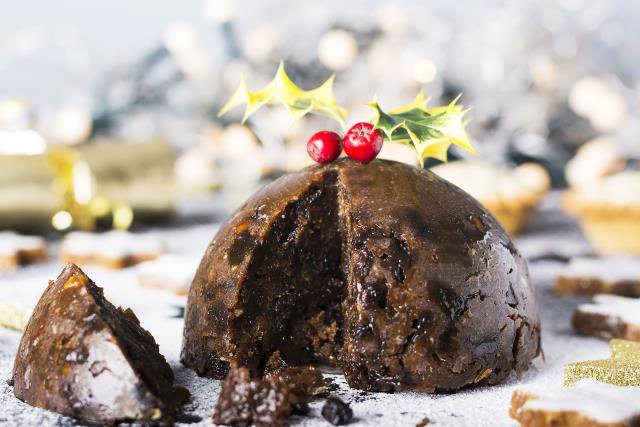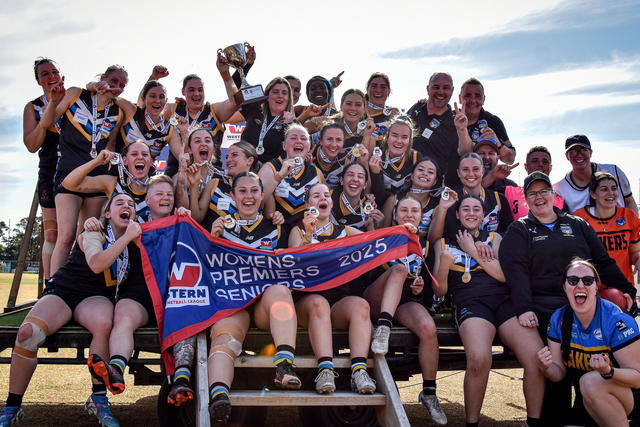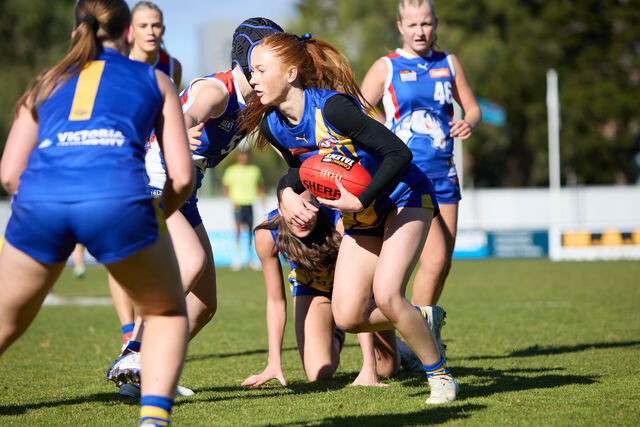Nestled in a black armchair at the Lifeblood Airport West Donor Centre, Paul Jenkins, 71, settles in to complete his 850th blood donation. As Victoria’s highest donor and Australia’s second highest, he chats to Zoe Moffatt about World Blood Donor Day and the importance of donating.
Paul Jenkins started donating blood a few days after his 19th birthday, on February 23, 1971, and knows the process all too well. It is a routine he completes every two weeks.
“Here in Australia [you can donate] whole blood every 12 weeks… [and] every two weeks for plasma and platelets,” Paul explains.
“I used to sit with a calendar at the start of the year and I’d work it all through with the school holidays.
“I’ve even come back from holidays specifically … to donate.”
When asked why donating blood is so important to him, Paul’s eyes flooded with tears.
“Up until my 750th [donation] … no family member of mine has ever needed blood … it’s just something I got into,” he said.
“On my 800th donation they brought a lady in … who had lost the ability to walk, but through products which are derived from blood donors … she regained that ability.
“She came in and gave me a special hug.”
The federal government reports that about one in three Australians will require blood or blood products in their lifetime, which means that it will touch almost everyone through friends or family.
Julie Seddon is one such resident from Melbourne’s north-west whose life has been impacted by blood donations.
“I started donating blood [in around 2016] when someone I knew had been diagnosed with an illness,” she said.
“Then my mum was diagnosed in February this year … with acute myeloid leukaemia.”
Julie said her mother’s life was transformed after she received blood donations.
“They call it Lifeblood and essentially that is exactly what it is … it gave her life back,” she said.
“With her leukaemia she had very low haemoglobin, so [she was] very pale, very tired and breathless.
“After having some blood, immediately you could see the colour come back into her face, she had more energy, she could breathe properly.
“She was more herself.”
Julie said it was amazing to see this change in her mother, and she recommends anyone who is considering donating blood to give it a go.
“It’s something that you can do for your community, it’s selfless, it doesn’t cost you anything, [and] there’s no negatives about it, it’s all positive.
“There’s a lot of families that are in the position where someone is unwell and needs those products in order to survive.
“You just never know when it’s going to be you.
“You can walk around thinking that everything’s great and then all of a sudden somebody gets a life changing diagnosis.”
The government reports that just one in 30 Australians roll up their sleeves to donate blood, which means that 10 times the amount of Australians who donate, will require blood or blood products in their lifetime.
World Blood Donor Day, which occurs annually on June 14, aims to increase this awareness of the need for blood and blood products, while thanking donors for their life saving gift.
Sunbury resident Robert Irvine is passionate about donating blood, and achieved 196 donations before being diagnosed with cancer.
“The blood bank is very, very careful, so there’s a whole range of things which will stop you donating,” Robert said.
“With cancer it’s a five year hiatus and then you can go back [in most cases].”
Robert said he felt disappointed when he found out he could not donate blood due to his diagnosis and looks forward to donating again.
“Every step of the way in my treatment I said to the surgeons ‘can I give blood now’?
“Before all of this I actually decided that I would go to the blood banks all around Victoria, so I’ve donated in Warrnambool, Ballarat, Bendigo.
“I thought that’s pretty cool, you’re camping in Warrnambool, got some time and you can go to the blood bank in Warrnambool.”
Robert said he encourages anyone who can donate blood to go and they will also receive a health check in the process.
“One slight consequence [of donating] is you get a little health check, you find out what blood type you are, they do a test for haemoglobin, blood pressure etc.
“You know, it’s not just about take, take, take all the time … it’s very altruistic … it’s just a good feeling.”
As Australia continues to progress further into winter, Lifeblood is also urging Australians to donate blood.
They said the cold and flu season, with ongoing COVID-19 cases, has created a perfect storm for blood donor shortage.
At the start of June Lifeblood said about 2000 donors a week are cancelling and rescheduling appointments due to cold and flu symptoms, and it is expected to get worse.
Lifeblood donor experience executive director Cath Stone said Lifeblood data shows that higher numbers of people are cancelling or rescheduling due to cold, flu and COVID-19 symptoms when compared to last year.
“We are expecting those cancellations to increase over the coming weeks,” Ms Stone said.
“So are asking people with O and A blood types to book a donation … [as] more than 80 per cent of the population has an O or A blood type.”
To make an appointment to donate Australians can call or visit the Lifeblood website.
Details: 13 14 95 or via lifeblood.com.au

